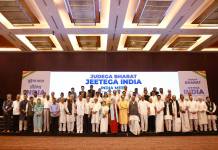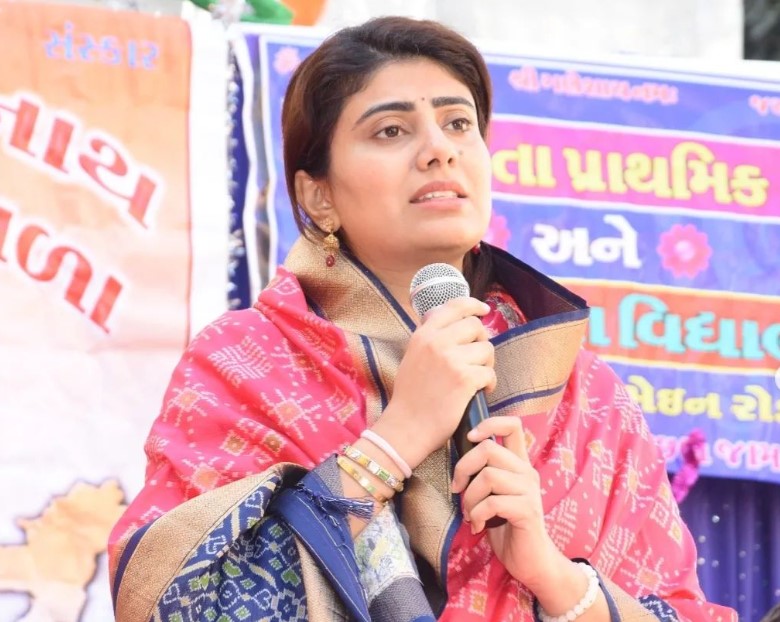The Gujarat High Court today upheld the life sentence awarded to 17 accused and acquitted 14 others in the 2002 post-Godhra Sardarpura massacre case in which 33 people of the minority community were burnt alive.
A division bench of Justices Harsha Devani and Biren Vaishnav confirmed the life sentence to 17 persons, but overturned the conviction of 14 others citing lack of evidence and contradictions in the statements of witnesses.
The HC also dismissed appeals of the Supreme Court- -appointed Special Investigation Team and Gujarat Government against the acquittal of 31 persons by the trial court.
The High Court acquitted 14 persons convicted by the trial court, citing ‘two-witness test’ prescribed by the Supreme Court, which says that at least two witnesses should have testified against an accused in a riot case for the court to convict him or her.
Applying the same test, the HC upheld conviction of 17 persons.
Police had arrested 76 persons in the case, of whom two died during the trial, while one was a minor at the time.
Charges were framed against 73 accused in June 2009.
Special judge for SIT cases S C Srivastava sentenced 31 persons to life imprisonment and imposed a fine of Rs 50,000 on each of them, while acquitting the rest on November 9, 2011.
The HC today also upheld the trial court’s decision to reject the prosecution’s contention that the attack was result of a conspiracy hatched after the Godhra train burning incident. Circumstantial evidence did not corroborate this, it said.
Thirty-three members of the minority community were burnt alive at Sardarpura village in Vijapur tehsil of Mehsana district on the night of February 28, 2002, following the Godhra train carnage the previous day in which 59 people, mainly ‘karsevaks’ returning from Ayodhya, were killed.
This was one of the nine post-Godhra riot cases probed by the Supreme Court-appointed SIT.
A mob of hundreds of people surrounded Sheikh Vaas lane in the village where people of the minority community lived.
The community members took shelter in the ‘pucca’ house of Ibrahim Sheikh, which the mob set on fire using petrol. A total of 33 people, including 22 women, were charred to death.
“The SIT will take a call on whether to challenge the order in the Supreme Court after we get a certified copy of the order,” said SIT lawyer K B Anandjiwala.
Victims’ lawyer Yusuf Sheikh said there was scope for appeal from victims’ side. “We believe there are several legal points which can be challenged. We are awaiting copy of the order to take further action,” he said.



















